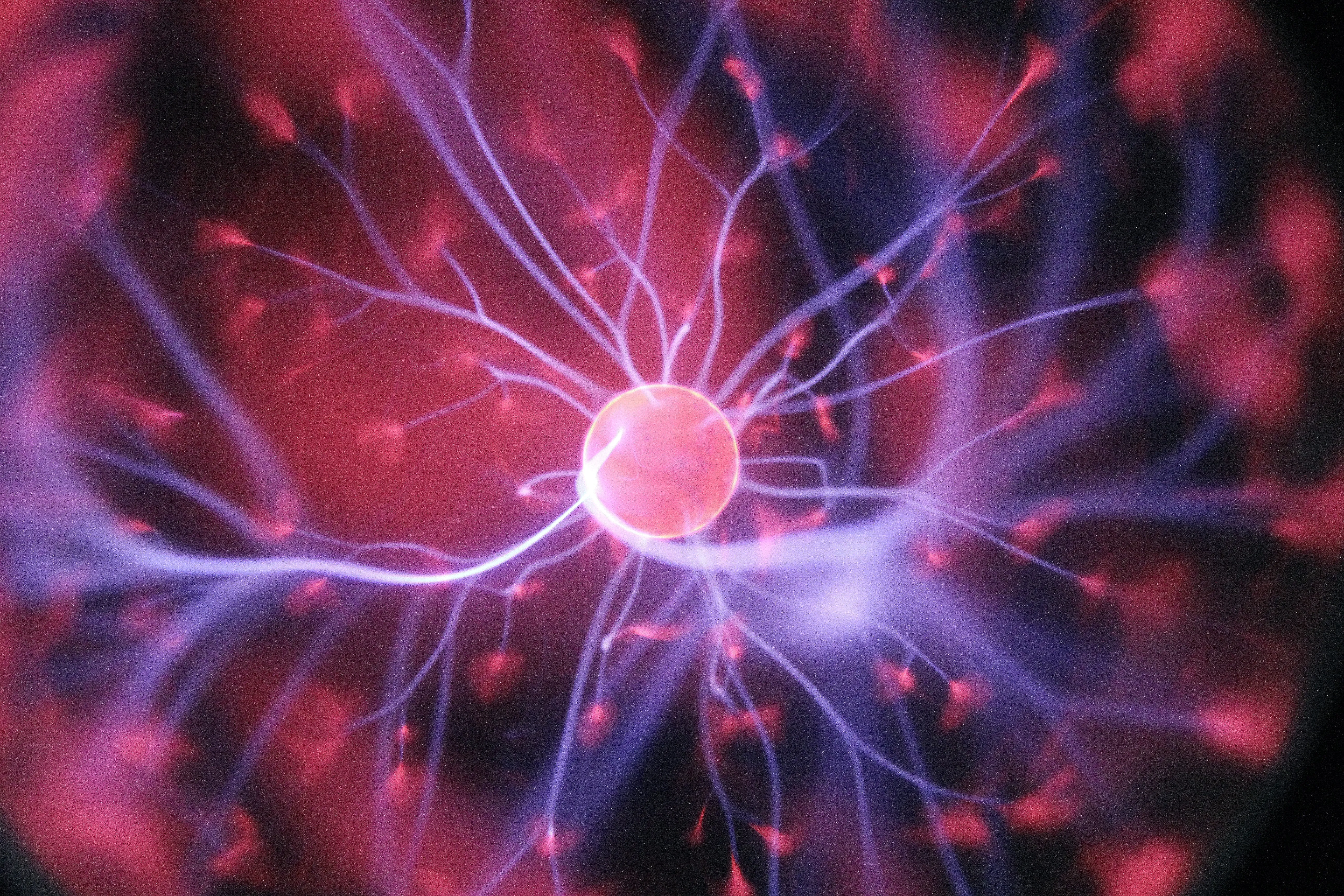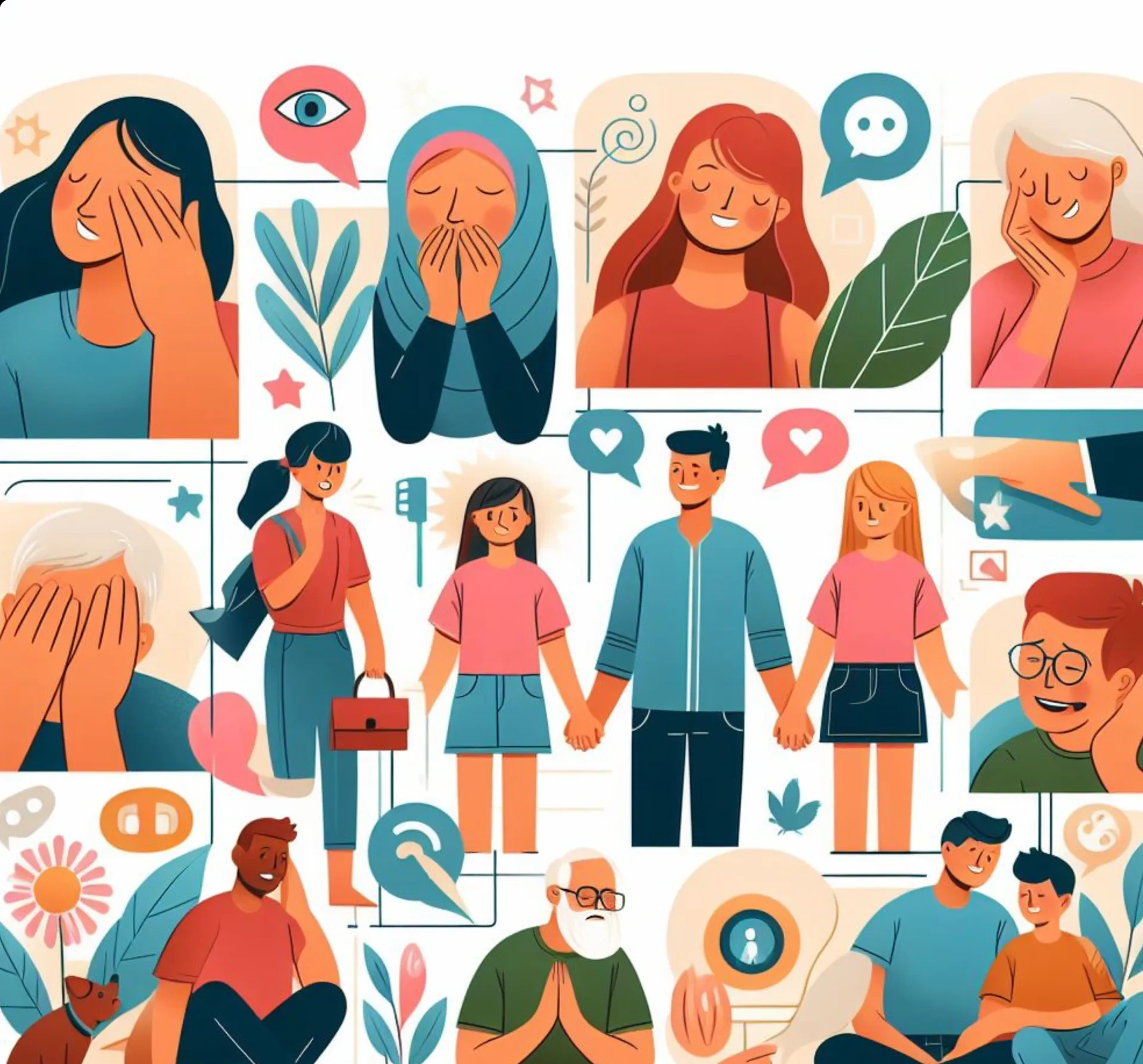Three Relationship Skills To Speed Success
Improve your relationship skills by learning what relational trauma is

No one is immune to often horrifying experiences life can dish out. And the saddest part about this is, people don't realize that some event or experience that happened in the past may be affecting them today.
The way to know?
Look at your results...
How Does Trauma Happen?
Our bodies come equipped with remarkable internal mechanism that manages our response to danger. We naturally know when to run, fight back or freeze in an attempt to preserve our life.
If you step out into a street and suddenly see a bus coming at you, you'll get out of the way.
This is the "flight" or run response.
If someone is physically attacking you and there is no chance of running from them you will naturally fight back to protect yourself. When you cannot run or fight you will "play dead" or go into a freeze response.
Research in neuroscience tells us that the brainstem is responsible for this "flight, fight, freeze response." It happens instantly when we think it's dangerous. We don't really think about these responses until we are already mobilized.

Trauma happens when we have an intense experience and our brain does not completely integrate it. Typically, this occurs when a dangerous event happens too quickly for us to respond appropriately – like a car accident. Or if there is a repeated violation where you feel helpless. For example, child abuse, neglect, or early sexual abuse.
With these points in mind, you can think of trauma as an "incomplete" experience. This is important because our brains do not like "incomplete" events that activate the safety system.
You can validate this by watching a Netflix TV episode. Notice at the end of the episode they leave you with a cliff-hanger. This makes you want to keep watching more episodes. The producers know your brain doesn't like incompletions.
What the brain will do with this "incomplete" information is unconsciously keep creating events in your life in an attempt to repair it. (Technically called Recapitulation)
Key Discovery Unlocks Pathway to Healing Developmental Trauma
Nearly 40 years ago a researcher named Dr. Peter Levine studied these patterns in nature. He discovered that a wild animals respond to traumatic events slightly different than humans.

This provided an essential ingredient to help us heal trauma faster today than ever in the past.
Here is what he found out...
If an animal survives a life threatening response, its body will shake for a period of time.
When they are done shaking, they show no trauma signs or symptoms.
Humans, as it turns out, respond differently by overriding this natural impulse.
What this means is, while we share the fight, flight, freeze, response like the rest of the animal kingdom humans override or suppress the impulse to "discharge" the pent up energy from the traumatic event.
While our intention is to protect ourselves from the sense of helplessness, horror or pain...

The Incomplete Response Is The Key...
...what results is an incomplete response that becomes locked in the body that can haunt us unknowingly for the remainder of our lives.
This unconscious habit increases the probability that essential relationship skills will get thwarted because of how trauma affects our thinking.
For example, let's say you were on the receiving end of emotional abuse as a child.
One of your coping strategies might have been to say to yourself "It won't always be this way..."
In later relationships, you may have a propensity to migrate towards someone who is emotionally abusive (Recapitulation).
The relational pattern will be so familiar to you that you may even be seeing the signs in the first few dates but it's outside of your awareness...
...because your brain has already started using the coping mechanism of "it won't always be this way." Instead of seeing it for what it is.
This is one of the things that causes people to stay in destructive relationships.
The intention of the brain is to actually repair the original event(s) but we keep overriding the necessary steps to "discharge" the pent up energy in the nervous system which ultimately keeps us repeating the same pattern.
Said another way...
...there is an unconscious fixation to "re-enact" original traumas in order to complete them. This is one of our bodies natural tools to maintain internal harmony.
Noted trauma authority and author Bessel van der Kolk has written,"... re-living trauma often occurs in the form of physical sensations that precipitate emotions of terror and helplessness. Learning how to manage and release these physical sensations from trauma-based emotions is an essential aspect of the effective treatment of PTSD.”
Why Relational Trauma Is So Important To Heal...
The effects of trauma are now being implicated in many of the emotional issues and body diseases we see amongst ourselves and friends.
When not repaired, traumatic experiences can produce feelings of numbness, anxiety, depression, despair, hopelessness, sexual dysfunction, compulsive or aggressive behaviors, sleep disorders, guilt, shame, reoccurring anger, as well as limit ability to stay focused and present.
As you might imagine, the real cost is the damage caused to our most intimate relationships.
Relationship skills to release trauma held in the body should be a top priority for anyone who is unhappy about their relationships.
...or has had repeated failures.
Trauma symptoms develop when we do not complete the process of moving through the immobility response and discharging these powerful survival energies.
Here are 3 critical skills you can start practicing today to enhance relationship success as it pertains to trauma.
Knowing and practicing these will help you to begin releasing any "bottled up" stuck energy related to trauma that in turn will help you to see your unconscious intentions more clearly and why you've gotten some of the results in your past.
Relationship Skills #1 - Locate your Breath
Learn to notice where your breath is in any moment in time. The breath is the gateway to release built up tension. If you are breathing low or high in the chest try and soften from the inside out and open your perspective up as to what else is possible in the moment.
Relationship Skills #2 - Focus on Sensations
Before we learned to talk, sensation was our first language. By focusing on sensations you begin the untangling process of testing the meaning you put on anything that may have traumatized you. Rather than to go into coping mechanisms, instead pause, breathe, focus on sensations and feel what is happening around you.
Open up to slowing down the whole experience. You can do this by laying down, knees up and feel the whole experience without trying to do anything other than "be" with it.
Relationship Skills #3 – Bring in New Information
Allow your "witness" to observe all aspect of your experience without being judgmental. Just watch the tension, swirling, coldness, itchiness or whatever shows up with curiosity and wonder. Don’t be afraid of it. Just allow it to run it's course without doing something that might interfere with its natural course of discharge.
Summary
Practicing these 3 actions can give you a head start on releasing trauma and cultivate your ability to be far more conscious of life experiences you encounter. Build your relationship skills beginning today so you can reap the benefits.
One last important aspect of trauma to remember is to never underestimate the potency of the energy that may be stuck.
Often, it is best to be with someone who can be present with you and your experience. Having a safe person present informs your nervous system that you are connected to someone else and are not alone.
It lowers the intensity of the experience to enable you to release more quickly and completely.
There are many implications to this that are beyond the scope of this blog so remember to reach out to someone if you have a sense that the experience could be more than you can handle alone.
Good luck with your practice and many blessings. Be sure to click the share buttons so others can learn life changing insights. You can make a difference!

